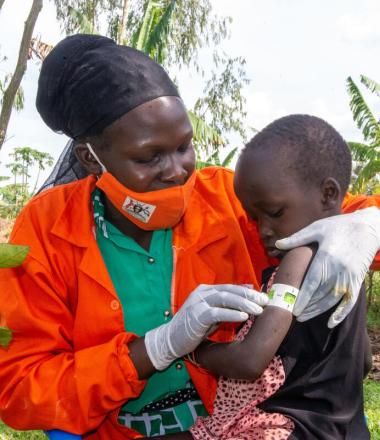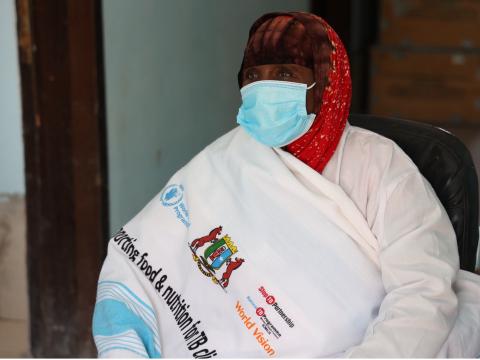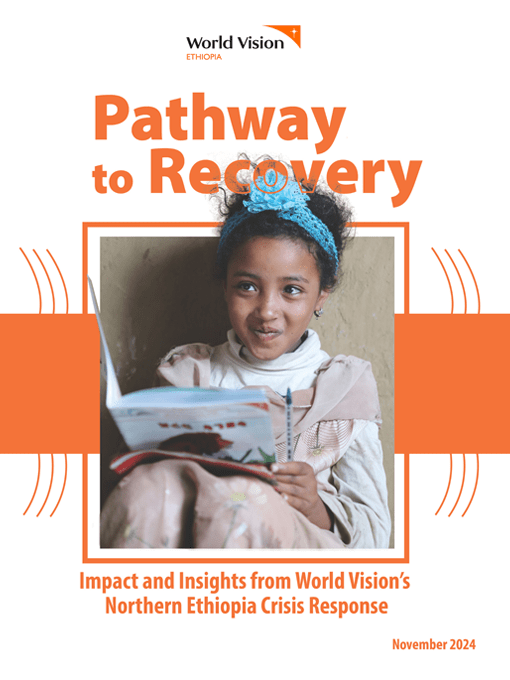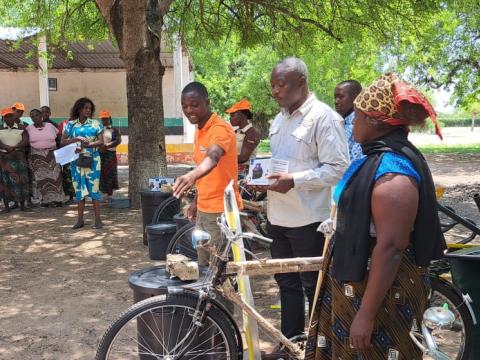
World Health Organization

Since 2013, World Vision has been a Non-state Actor in Official Relations with the WHO, a status predicated on World Health Assembly (WHA) approval, based on performance against a joint 3-year workplan. The current formal workplan spans eight departments at the WHO, and includes 58 shared objectives. Notably, we are collaborating on emergency health, violence against children, faith actor engagement, nutrition, infectious diseases, mental health, early child development, and WASH. The collaboration is technical, producing global policy and guidance, and mobilizing uptake.
World Vision also engages the WHO with advocacy for issue prioritization or policy change. Based on our strategic agenda we regularly make statements at Executive Board meetings and at the WHA. We leverage the annual WHA also to host side events providing innovative insight and evidence to influence global health policy makers. World Vision has contributed to the development of many resolutions passed at the WHA, such as the recent (2021) resolution on the role of the health system in addressing violence against children.
Occasionally, the WHO may finance a field-based programme through World Vision, such as our highly successful Community Case Management of infectious disease programme in Niger. We also collaborate on innovative research, such as our work on the mental health intervention Programme Management Plus, in Kenya. World Vision frequently participates in WHO working groups to develop new technical guidance, such as the recent developments of guidance on Home Based Records, Nurturing Care for Early Child Development, and Community Health Workers. With the Covid-19 Pandemic, the WHO increased faith actor engagement, and World Vision supported a series of global webinars focused on faith actor engagement in pandemic response.



